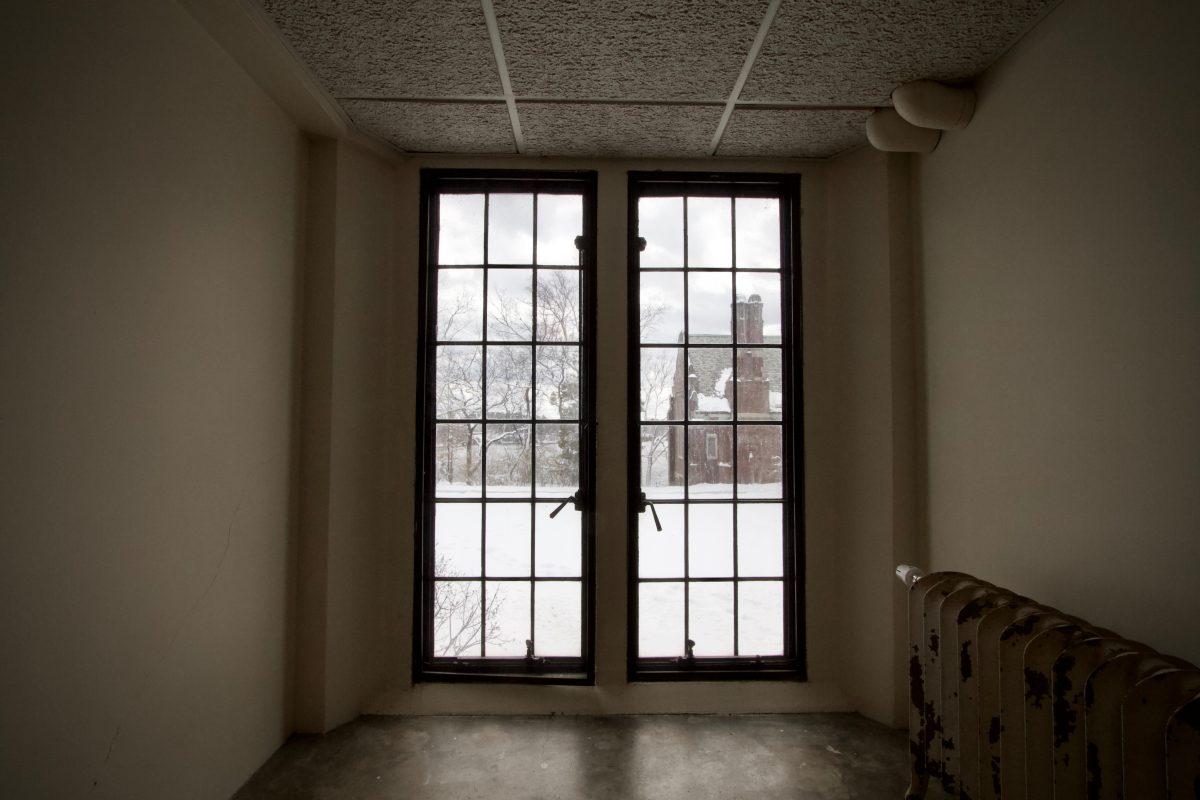On June 1, 2018, the Wellesley College Board of Trustees is scheduled to decide on a future energy plan for the College. The Campus Energy Strategy Committee will present the Board of Trustees with five energy plans, which are drafted by the consulting group Ameresco. In anticipation of the upcoming decision, Wellesley students have organized a campaign, Renew Wellesley, to urge the College to switch to renewable energy. The campaign aims to make Wellesley fully sustainable in its energy resources by using approximately $20 million allocated by the College for a new energy plan. The campaign is being promoted by EnAct, an environmental advocacy group on campus, in order to emphasize awareness about sustainability efforts being made by the College. “It is critical that we use this opportunity to switch to renewable energy,” said Emily LaShelle ’21, a leading member of the Renew Wellesley campaign. “Wellesley College has the ability –– and now the perfect opportunity––to switch to renewable energy.”
Currently, Wellesley relies on a cogeneration plant, located next to the Lulu Chow Wang Campus Center, for most of its energy. The plant generates heat and energy for the College during the day and is turned off at night, since the town of Wellesley takes over power production for the College during that time. The cogeneration plant supplies 97.9 percent of electricity for the College, which is then supplemented by solar panels and hydropower that make up the other 2.1 percent. Natural gas is burned in the cogeneration plant to generate the energy for the college. Students in the Renew Wellesley campaign are concerned about the use of fossil fuels to power the College and hope to put public pressure on the Wellesley College administration and the Board of Trustees to change their sources of power.
“If Wellesley College continues to use natural gas and oil for energy, it will continue to add greenhouse gas emissions into the atmosphere and contribute to climate change,” LaShelle explained. A 2015 report published by the Wellesley College Environmental Studies capstone course, which was tasked with providing a summary of the College’s energy use and including recommendations for future energy plans, cited natural gas as a questionable source of power. stating in the summary, “Due to the negative environmental and social consequences of natural gas extraction and use, we encourage diversification of energy sources.”
Another goal of the Renew Wellesley campaign is to improve transparency between the Board of Trustees and the Wellesley community in regards to the new energy plan. Members of the campaign are concerned about the lack of student input that is required to make a decision about energy resources and allocation on campus. According to EnAct Vice President and Renew Wellesley campaigner Samantha Hoang ’19, “People in leadership positions have not been transparent with students and faculty.”
Another student organizer in the Renew Wellesley campaign, Anna Kawakami ’21, explained, “We’re so limited on what we know from the Board of Trustees.” Both Hoang and Kawakami reported that only a few members of the Wellesley administration, who can report on what plans the Board of Trustees are considering, have been in contact with the campaign about ways to get student opinions heard on the upcoming decision. “If we don’t put our voices out there, these people in leadership positions will stay in their own bubble and make decisions … in a less informed way,” Hoang said.
Students can get involved in the Renew Wellesley campaign by signing a petition which calls for President Paula Johnson, Vice President of Finance Piper Orton and Provost Andrew Shennan to “commit Wellesley College to 100 percent renewable energy by 2040.” In addition, the campaign encourages students to publicize Renew Wellesley campaign by talking with friends, professors and their classmates about the campaign and posting on social media about reasons to switch to sustainable energy using the hashtag #renewwellesley. The Renew Wellesley campaign also invites interested students to attend their meetings every Sunday at 5 p.m. in the Lulu Cow Chair Room. “We have the financial means to go one-hundred percent renewable,” Hoang said. “It’s a question of whether we want to make that possible.”






